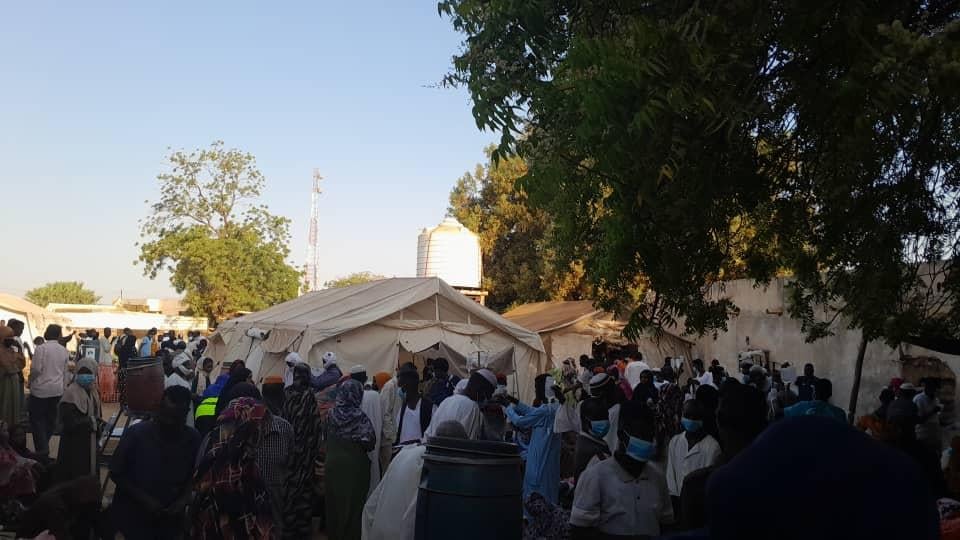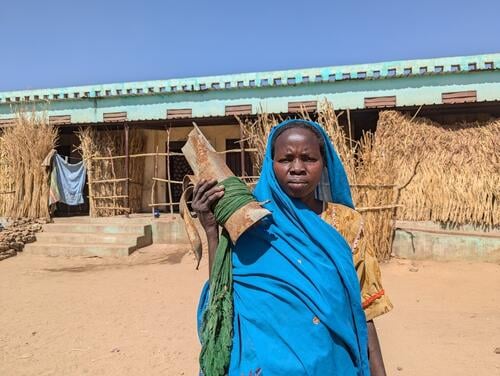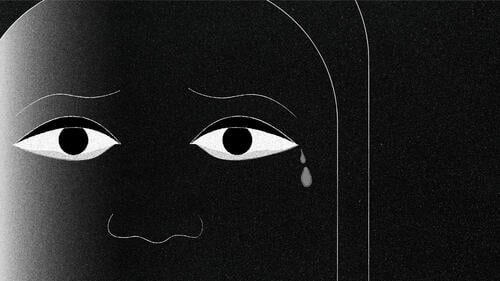Dozens of people have died, and over 800 are being treated for symptoms of acute watery diarrhoea, dehydration, vomiting, and sunken eyes at the Ministry of Health cholera treatment centre in Kosti teaching hospital, which is supported by Médecins Sans Frontières (MSF), in Sudan’s White Nile state.
MSF has been supporting cholera-related responses in Kosti and Rabak hospitals since October 2024. Recently, the number of cases had decreased, with some days seeing fewer than 20 patients. However, that suddenly changed on Wednesday night when the first 100 patients arrived at the cholera treatment centre.
By Friday afternoon, there were over 800 admitted patients. At least two dozen people died at the centre and at least one person was dead on arrival. So far, 48 patients have been discharged. The numbers continue to rise and keeping a detailed tally has become difficult for the team responding.
Patients have overflowed from the MSF-built cholera treatment centre in Kosti hospital, necessitating the use of the hospital’s adult and paediatric emergency rooms to provide additional space for treatment. The MSF team is collaborating with the Ministry of Health staff from Kosti teaching hospital, and additional medical staff from Rabak hospital have also joined the effort to manage the huge number of patients.
“The situation is really alarming and is about to get out of control,” says Dr Francis Layoo Ocan, MSF’s project medical referent in Kosti. “The cholera treatment centre keeps receiving patients in critical condition. We've run out of space, and we are now admitting patients in an open area and treating them on the floor because there are not enough beds.”
We've run out of space, and we are now admitting patients in an open area and treating them on the floor because there are not enough beds.Dr Francis Layoo Ocan, MSF’s project medical referent in Kosti
“We are mobilising our resources and have been able to manage so far but we are worried that if the situation continues like this over the next few days, we will run out of medical consumables that treat acute dehydration and are keeping patients alive,” says Dr Layoo Ocan. “Not to mention that the medical teams would be completely overwhelmed.”
“We urgently need other organisations to help respond to this emergency with staff and supplies for managing patients. People need water and it’s vital that outreach activities start to stem this crisis at the source,” he added.
MSF is supporting the White Nile state’s Ministry of Health in managing patients while assessing the causes of this surge and identifying ways to reduce and stop the spread of the disease. The most likely source of infection is the river, where many families have been collecting water using donkey carts after a major power outage in the area.
Local health authorities have banned collecting water from the river by donkey carts and requested reinforcing the chlorination in the water distribution system. The market and most restaurants are closed.






